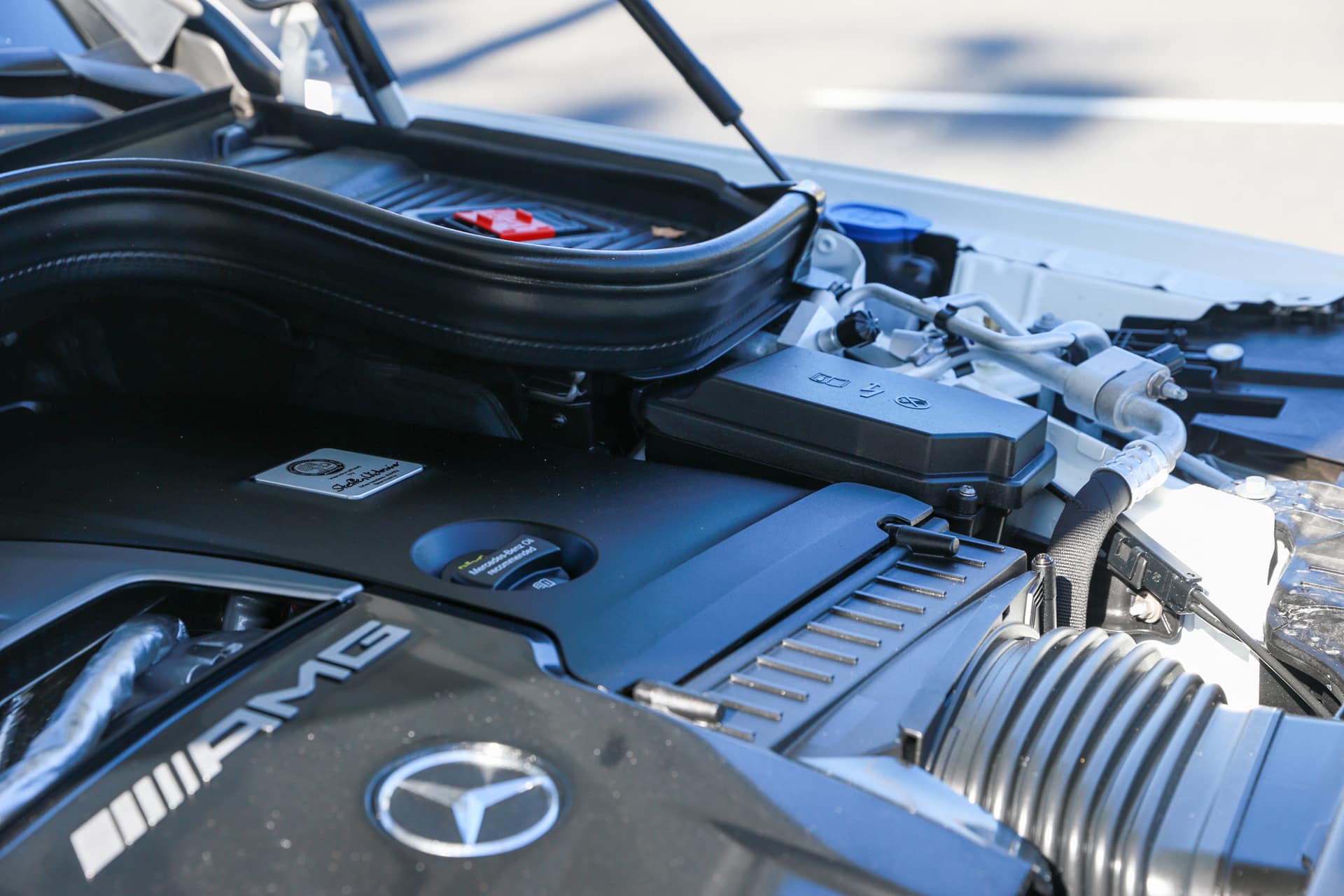Defect alleged to affect hundreds of thousands of cars and SUVs across the Mercedes-Benz vehicle line can cause sudden complete battery failure exposing drivers to remote stranding including perilous highway and road dangers
July 1, 2022, Atlanta, Georgia–(BUSINESSWIRE)–Lieff Cabraser and Corpus Law Patel LLC announce the filing of a federal automotive defect lawsuit in Georgia district court against Mercedes-Benz USA LLC and Daimler AG alleging breach of warranty, violation of state and federal consumer fraud laws, fraudulent concealment and unjust enrichment relating to sudden total car battery failures in 2004-2022 models across the Mercedes-Benz vehicle line, including Class S, C, A, CLA, CLS, G, GLA, GLK, GLC, ML, GLE, GL, GLS, and E vehicles that Mercedes manufactured between 2004 to 2022.
“‘You get what you pay for’ may be the oldest advice in retail,” notes Lieff Cabraser partner Annika K. Martin, who represents the plaintiffs in the lawsuit. “But these drivers didn’t – they paid for reliable, safe vehicles and instead got cars that unexpectedly strand them and put them in dangerous situations. Mercedes needs to be held accountable for not doing right by their customers here.”
The lawsuit is being brought to remedy violations of law in connection with Mercedes’ design, manufacture, marketing, advertising, selling, warranting, and servicing of these vehicles, all of which are alleged to have a serious design defect that causes the battery to rapidly drain without warning, ultimately leaving consumers with a dead battery and an inoperable vehicle. The Mercedes electrical system defect occurs unexpectedly and leaves drivers stranded in potentially unsafe circumstances, requiring them to incur sudden expenses such as roadside assistance, mobile battery jump packs, costly diagnostics, and repeated battery replacements.
As the Complaint notes, Mercedes does not seem to have a permanent, effective remedy for the Defect – Mercedes’ only “solutions” to the electrical system defect are temporary “band-aids” that force Class Members to pay for unexpected out-of-pocket expenses such as diagnostics, replacement batteries, towing services, mobile battery jump packs, trickle chargers, software updates, and rental cars. These temporary and partial attempts at a fix are ineffective and expose drivers to repeat instances of total vehicle failure that leave the Mercedes cars and SUVs wholly inoperable.
The Complaint goes on to note that, prior to plaintiffs’ purchase or lease of the affected vehicles, Mercedes knew of the electrical system defect via pre-release design and testing information; lemon law arbitration decisions; technical service bulletins; service center data; replacement part sales data; early consumer complaints made directly to Mercedes, collected by the National Highway Transportation Safety Administration’s Office of Defect Investigation (“NHTSA ODI”); and/or posted on public online vehicle owner forums; testing done, including testing in response to consumer complaints; and aggregate data from Mercedes dealers, as well as other internal sources unavailable to plaintiffs and their counsel without discovery.
“When a self-described ‘Luxury Brand’ automaker knowingly and recurrently sells high-end vehicles with a low-end primary vehicle defect, you’ve got the basis for a first-class consumer fraud lawsuit,” notes Corpus Law Patel partner Ketan A. Patel, who also represents the plaintiffs in the putative class action lawsuit. “The subsequent gaslighting of owners and lessees coupled with expensive and ineffective band-aid solutions only exacerbates the offenses.”
As further alleged in the Complaint, at least some Mercedes service centers have admitted to some owners/lessees that the battery defect is a “known issue,” while deceptively telling others that nothing is wrong with their MB vehicles. And all the while, as the Complaint further details, Mercedes has nevertheless knowingly failed to disclose and indeed actively concealed the electrical system/battery defect from putative class members and the public prior to purchase/lease for nearly two decades.
“The Mercedes-Benz brand is a promise of luxury, quality, and performance,” notes Lieff Cabraser partner Mark P. Chalos, who also represents the plaintiffs in the case. “But to the owners repeatedly facing electrical system failures- sometimes dangerously leaving them stranded – Mercedes broke that promise. Mercedes needs to stand up and do right by these customers.”
The lawsuit seeks declarative relief mandating that Mercedes-Benz fully acknowledge the electrical system defect in its vehicles, notify all owners and lessees affected by the defect, void any would-be limitations expressed in its vehicle warranties that would let it avoid responsibility for the defect, as well as injunctive relief requiring Mercedes to reassess all prior warranty claims related to the battery drain defect, to refrain from further deceptive distribution, sales, and lease practices with respect to the affected vehicles, to pay inspection and repair/replacement costs, and disgorgement of all or part of the ill-gotten revenue it received from the sale or lease of the affected vehicles or make full restitution thereof to plaintiffs and the would-be class.
Source/Contact
Mark P. Chalos
Lieff Cabraser Heimann & Bernstein, LLP
(615) 313-9000
mchalos@lchb.com
Contact us
Use the form below to contact a lawyer at Lieff Cabraser.














